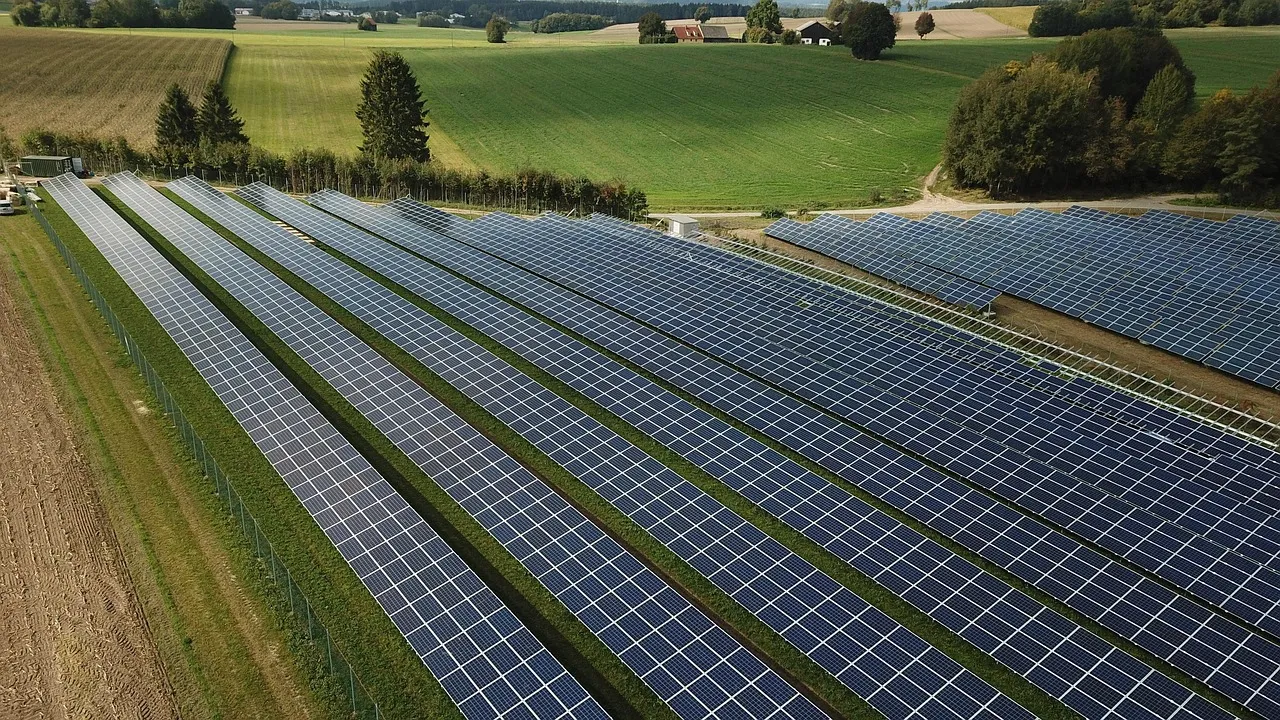
Mars and Cargill Drive Renewable Energy Growth in Poland Through Innovative 224MWac Solar Partnership
Two of the world’s leading food and agriculture companies, Mars and Cargill, have announced a major initiative to accelerate renewable energy development in Poland. Through five newly signed virtual power purchase agreements (PPAs) with GoldenPeaks Capital, one of Europe’s fastest-growing independent renewable energy producers, the companies are set to deliver more than 224MWac of new solar capacity. This initiative marks a significant milestone in corporate climate action, representing one of the largest multi-buyer renewable energy agreements in Poland as well as the broader Central and Eastern Europe (CEE) region, which remains one of Europe’s most carbon-intensive electricity grids.
The partnership is a continuation of both Mars and Cargill’s long-standing commitments to decarbonization and renewable energy adoption. By collaborating directly with suppliers, the companies are exploring innovative approaches to engaging their value chains on climate action. The agreements not only expand renewable energy capacity in Poland but also exemplify how companies can work together to address their environmental footprint while achieving mutual business benefits.
“These solar PPA agreements will create new solar projects that enable Mars to reduce and ultimately eliminate its current scope 2 electricity emissions in Poland,” said Kevin Rabinovitch, Global Vice President of Sustainability at Mars. “In addition, they will help us reduce a portion of our scope 3 emissions through our Renewable Acceleration program, where Mars is actively driving progress on renewable electricity across our value chain. Having a supplier like Cargill work in parallel on its electricity use complements our approach perfectly. By aggregating our efforts in Poland, we were able to achieve scale and deliver a significant win for both organizations as we advance our respective climate goals.”
The projects developed by GoldenPeaks Capital are expected to be operational by 2027. Once completed, the solar facilities will generate enough clean energy to power approximately 200,000 households annually. This level of generation demonstrates the scale and impact of corporate-backed renewable energy development in regions that are still heavily dependent on fossil fuels. 3Degrees, a global climate solutions provider, played a pivotal role in facilitating the agreements for both Mars and Cargill, ensuring that the PPA structures support long-term renewable energy deployment.
Christina Yagjian, Senior Director of Global Renewable Energy at Cargill, highlighted the broader implications of the partnership. “We’re proud to collaborate with Mars on this unique initiative. Beyond the immediate benefits of lowering procurement costs and reducing emissions, this partnership strengthens our commercial relationship and demonstrates how companies can work together across the value chain to drive tangible climate impact. It’s a clear example of how cooperative approaches can deliver benefits that extend beyond a single organization, shaping the path toward more sustainable operations across our sector.”
The collaboration between Mars and Cargill illustrates a growing trend in which companies look beyond their own operations to engage suppliers and partners in shared sustainability initiatives. By pooling their resources and expertise, companies can accelerate the deployment of renewable energy and make measurable progress against climate targets, setting an example for peers within the food, agriculture, and manufacturing sectors.
Adriano Agosti, Founder and Chairman of GoldenPeaks Capital, emphasized the strategic value of the collaboration. “The PPAs with Mars and Cargill reflect our partnership-driven approach, delivering complex, high-value energy solutions that enable significant decarbonization in the region. By working closely with leading corporations, we are helping to create a more sustainable energy landscape and driving tangible climate action.”
Tyler Espinoza, Global Head of Power Markets at 3Degrees, further underscored the significance of the initiative. “We applaud Mars and Cargill for demonstrating leadership with these PPA agreements. They are providing an excellent model for how companies and their suppliers can effectively collaborate to advance decarbonization. These agreements show that collective action can accelerate progress toward climate goals, and we hope this inspires more organizations to pursue similar collaborative approaches.”
The impact of these PPAs extends beyond the immediate energy and emissions reductions. By committing to large-scale renewable energy procurement in Poland, Mars and Cargill are supporting the local economy, stimulating job creation in solar project development, and contributing to the region’s broader energy transition. The agreements also highlight the importance of corporate action in regions with high carbon intensity, where renewable energy investments can have outsized environmental and societal benefits.
This partnership represents a new paradigm for corporate renewable energy engagement, where collaboration between companies, suppliers, and specialized energy developers leads to scalable and replicable solutions. It demonstrates that ambitious climate goals are achievable not only through internal initiatives but also through strategic alliances that leverage expertise, scale, and shared commitment to sustainability.
The Mars and Cargill initiative aligns with a broader industry shift toward renewable energy procurement as a mechanism to reduce emissions and address climate change. By pioneering one of the largest multi-buyer renewable energy agreements in CEE, the companies are providing a blueprint for how others in the food and agriculture sector, and beyond, can leverage PPAs and collaborative strategies to deliver meaningful climate impact.
As the projects move toward completion in 2027, stakeholders across the region will have a tangible example of how corporate partnerships can accelerate the transition to cleaner energy, promote innovation, and deliver measurable environmental benefits. The initiative underscores the critical role that business leadership, combined with strategic partnerships, plays in achieving the global sustainability objectives set forth in international climate agreements.







